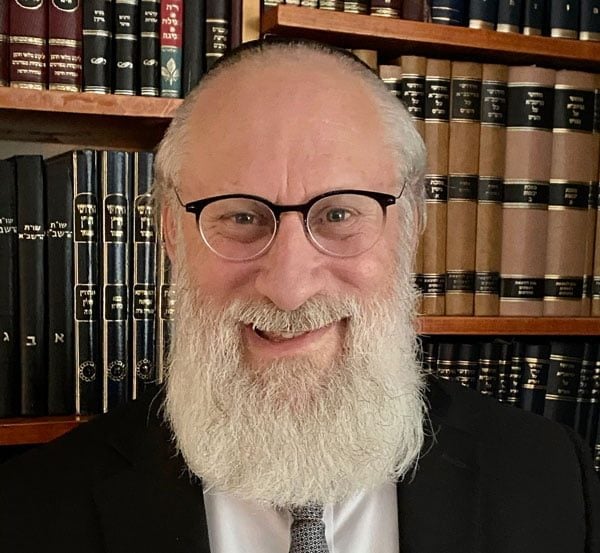Ask the Rabbi: Marked Up

Dear Rabbi,
I have a tattoo on my back which I got as a teenager. Now that I am getting more involved in Judaism, I heard that one shouldn’t have tattoos. Is this true, and if so, could I or should I have it removed? If I don’t, when I die can I be buried in a Jewish cemetery?
Zachary
Dear Zachary,
The Torah states “…and you shall not put a tattoo upon your body,” (Vayikra/Leviticus 19:28). Rashi explains this means to perforate the skin and add ink in a way that it will remain permanently. This law is codified in the Code of Jewish Law (Yoreh Deah 180:1).
This law stems from the Jewish understanding of the human body. The Torah says that we were created in the “image of G-d” (Braeshis/Genesis 1:27). This is obviously a spiritual concept, as Jewish belief is that G-d has no physical characteristics. There is, however, a physical connotation from the perspective of our bodies. The Kabbalists explain that every part of our bodies was crafted to coincide with one of the pathways or traits through which G-d connects with and controls the world. We have arms, for example, to mirror the concept that G-d performs certain actions “with an outstretched arm”.
The body is the vehicle through which the soul is able to have expression in the physical world and to accomplish the mission for which it was sent there. The body was perfectly fashioned to “fit” the soul, as an expression of G-d’s will and His connection to the world. Together, the body and soul form a partnership called “the image of G-d”.
To alter the body would be to mar its unique image and minimize its ability to be an expression of G-d’s will.
Furthermore, we are not considered the owners of our bodies. We are, rather, stewards; to use the body properly, protect it, and return it back to its Maker at the end of its partnership with the soul at the end of life on this world. We do not have the right to alter the body, or even to inflict a wound upon it (Devarim/Deut. 25:3). (This is unless, of course, it is necessary to do so for medical reasons. In the future, perhaps we will discuss the question of cosmetic plastic surgery, as well as the permissiveness, in light of the above, of piercing ears and the like which has been Jewish custom for millennia).
As far as your tattoo: according to Jewish law, once it is already done, you would not have an obligation to remove it, especially since it involves an often painful and extensive surgery. If you would want to have it removed because it makes you uncomfortable, you would be permitted to do so. This would not fall under the prohibition of mutilating the body.
It is a very common misconception is that if one has a tattoo, one cannot be buried in a Jewish cemetery. This has no basis and is not true. The only prerequisite to be buried in a Jewish cemetery is to be Jewish, and a tattoo renders its bearer no less Jewish.
There are those still among us, may they live and be well, whom are bearers of tattoos which demonstrate that they are survivors of hell on earth. The fact that they remained Jewish after what they experienced is living testament to the eternal Jewish soul.
A great Chasidic rebbe, a survivor himself, was known to receive “kvitlach”, or notes of petition to pray for the petitioner – as his Chasidim felt his blessings went straight to Heaven. When he became much older his closest confidant asked him, after he leaves us, who should the Chasidim bring their kvitlach to? He answered, “If you see a Jew in shul who lifts his shirt sleeve to don his tefillin, and you see a number on his arm, to him you can bring your kvitlach”!




